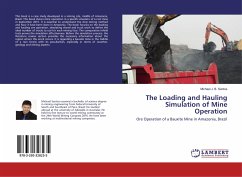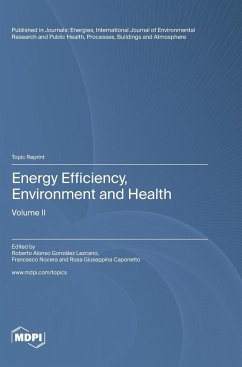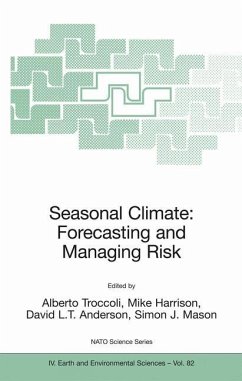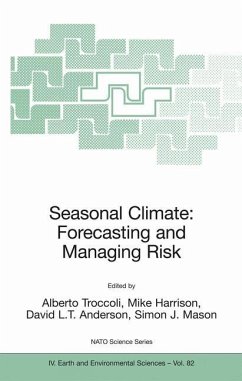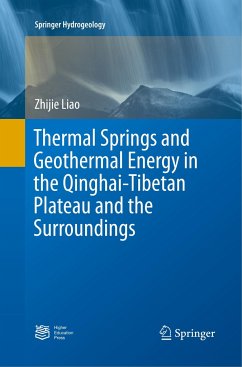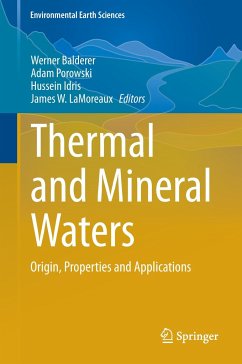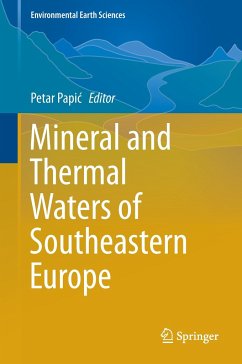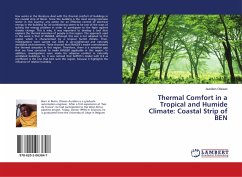
Thermal Comfort in a Tropical and Humide Climate: Coastal Strip of BEN
Versandkostenfrei!
Versandfertig in 6-10 Tagen
24,99 €
inkl. MwSt.

PAYBACK Punkte
12 °P sammeln!
Few works in the literature deal with the thermal comfort of buildings in the coastal strip of Benin. Since the building is the most energy-intensive sector in this country, any action for an effective control of electrical energy in the building for air-conditioning seems to be one of the ways of solving the energy problem in order to participate to the fight against climate change. This is why, it was important to develop a tool that explains the thermal sensation of people in this region. The approach used in this work is that of FANGER, although this one is not adapted to this region which...
Few works in the literature deal with the thermal comfort of buildings in the coastal strip of Benin. Since the building is the most energy-intensive sector in this country, any action for an effective control of electrical energy in the building for air-conditioning seems to be one of the ways of solving the energy problem in order to participate to the fight against climate change. This is why, it was important to develop a tool that explains the thermal sensation of people in this region. The approach used in this work is that of FANGER, although this one is not adapted to this region which is characterised by a tropical humid climate. Then, investigations were carried out both in air-conditioned and naturally ventilated environments. These showed that FANGER's model overestimates the thermal sensation in this region. Therefore, there is a sensation gap that we have corrected to make FANGER applicable in this region. In addition, investigations were made for adaptive comfort in naturally ventilated buildings. So, it was noticed that Griffith's model with 0.6 as coefficient is the one that best suits this region, because it highlights the influence of relative humidity.



